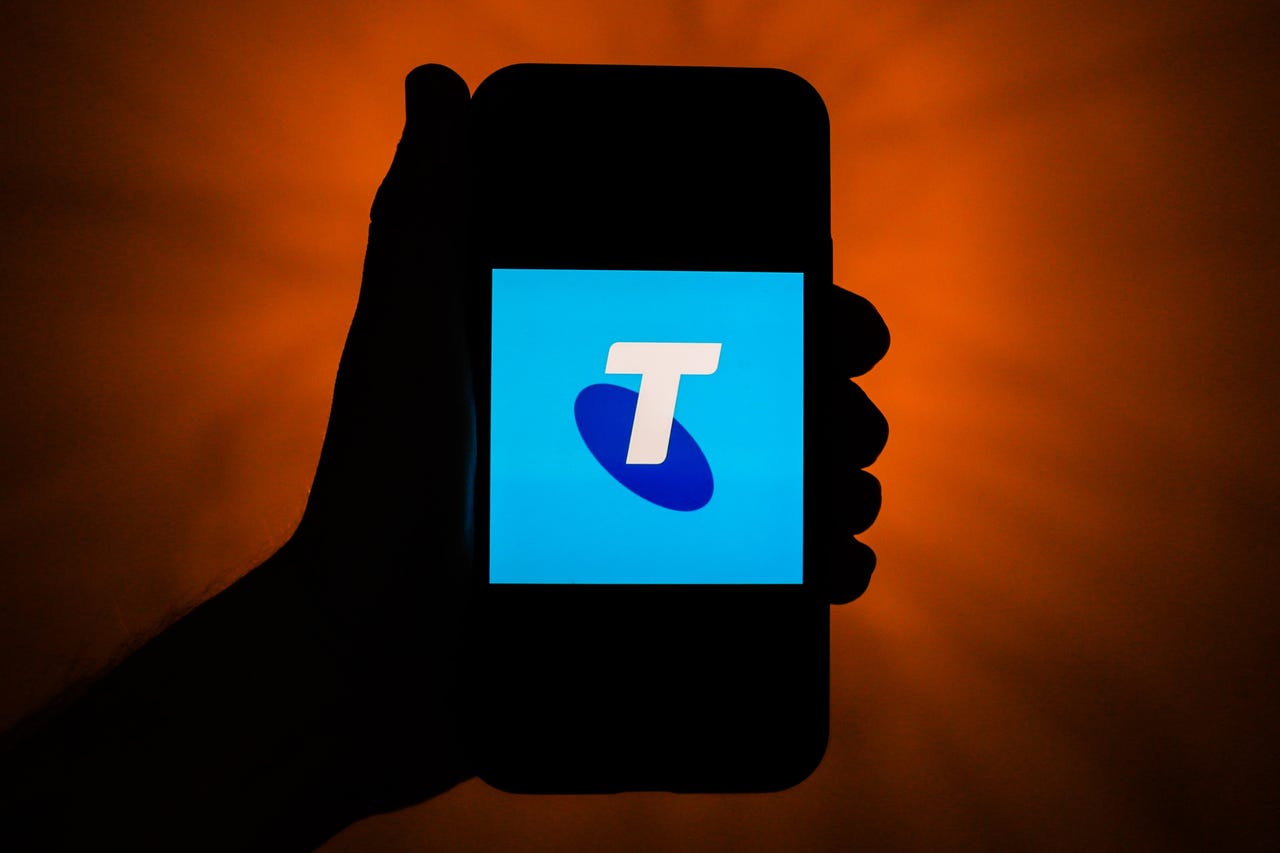Mobile rides to the rescue of Telstra's underlying profitability


Telstra's mobile business is showing strong fiscal signals in a set of first-half results to the end of 2021 that reported contractions in most other areas of the telco.
Overall, the company reported total revenue was down 9.4% to AU$10.9 billion, earnings before interest, tax, depreciation, and amortisation (EBITDA) fell almost 15% to AU$3.5 billion, and net profit was slashed by 34% from AU$1.1 billion to AU$700 million.
Looking at its underlying figures, which removed one-off gains from assets sales from the same time last year, total revenue was still down 4.4% to AU$10.7 billion, while EBITDA increased by 5.1% to AU$3.5 billion.
"FY22 is a pivotal year for Telstra financially as we see the near final negative transitional effects of the NBN in our reported results but with the growing momentum in our underlying performance starting to show through," Telstra CEO Andy Penn said.
More than half of underlying EBITDA was contributed by mobile, which experienced a 25% increase to AU$1.96 billion despite steady revenue at AU$4.7 billion. Telstra said postpaid average revenue per user was up 5% to $48.29 and postpaid revenue grew 6.3% to AU$2.5 billion, with prepaid revenue growing by 6.9% to $432 million as average revenue per user jumped 8.7% to AU$22.70.
"Our continued mobile network leadership was underpinned by our multi-brand strategy where we again delivered mobile SIO growth, adding 84,000 net retail post-paid mobile services including 62,000 branded with a strong contribution from Enterprise," the telco said.
"Our branded performance reinforces the benefits of our clear leadership in 5G. We continue to extend our 5G leadership with our 5G network now more than twice the size of our next nearest competitor with more than 77.5% of the population covered and almost 2.8 million 5G devices connected."
Handset sales were down AU$171 million, which the telco pinned on lower demand and supply constraints, while mobile broadband gained 10,000 customers to improve the total of lost customers over the year to 28,000 as it increased revenue by 1% to AU$319 million.
In the internet of things and other category, revenue grew 8.7% to AU$138 million as the telco gained 452,000 additional services.
Elsewhere in the telco, the numbers were not as rosy. Fixed line consumer saw revenue drop 6.8% to AU$2.26 billion as users continued the long shift from legacy services to the NBN, and its decision to make payphone calls free.
The fixed enterprise business saw data and connectivity income drop 12.3% to AU$494 million as "lower-value copper and legacy connections" were consolidated or drifted to the NBN. The network applications and services segment saw revenue grow by 2.4% to AU$1.32 billion, with managed services and maintenance revenue growing by 8.8% to AU$357 million to due customers taking up cyber security services and growth the contact centre segment.
InfraCo fixed experienced a 14.3% revenue decline to AU$1.16 billion as growth in fibre and ducts revenue was offset by less income from NBN commercial works. The separate Amplitel tower business reported a 4.7% increase in revenue to AU$179 million.
One-off payments from NBN declined by 69% to AU$203 million.
The telco said it would be returning AU$940 million to shareholders through dividends, and was over 40% of the way through using the proceeds of the sale of a 49% stake in Amplitel for a AU$1.35 billion share buyback.
Related Coverage
Telstra aims up at government cybers with new specialist arm
Telco says it is in a unique threat visibility position thanks to having the nation's largest network.
Telstra and Intellihub seal AU$100 million smart meter deal
Separately, Intellihub will supply smart meters to Telstra Energy.
Telstra Purple looks to industrial IoT with pair of acquisitions
Telco's service arm picks up Aqura Technologies and Alliance Automation, which will add around 350 staff.
Telstra signs 16.5-year deal to support Viasat-3 in Asia-Pacific
Telco to spend up to AU$1.6 billion extra to build 20,000kms of new fibre as well as manage ground infrastructure for Viasat.
Telstra Health wins AU$200m five-year contract to deliver 1800RESPECT
Telstra Health will take over from Medibank Health Solutions that has been delivering the national service since 2010.